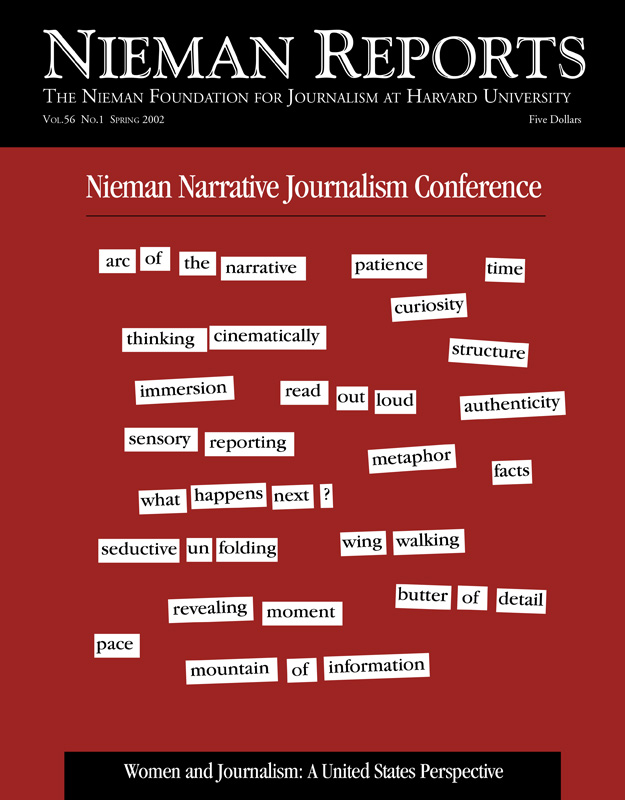Tim O’Brien had the bad fortune to be caught up in the Vietnam War, and he’s written about it several times, and he wrote a book called “The Things They Carried.”
There’s a passage in his book where he’s talking about “what sticks to memory,” his varied memories of the war, not all of them violent, and wondering why he still finds himself writing the stories so many years later:
Forty-three years old, and the war occurred half a lifetime ago, and yet the remembering makes it now. And sometimes remembering will lead to a story, which makes it forever. That’s what stories are for. Stories are for joining the past to the future. Stories are for those late hours in the night when you can’t remember how you got from where you were to where you are. Stories are for eternity, when memory is erased, when there is nothing to remember except the story.
As our world gets more fractured and yet smaller, stories that connect us and teach us about how our differences are not so different or where those differences exist, matter more than ever.
So I don’t think the answer is to file more briefs or dump more data into the pages of our newspapers and magazines. I think the answer is to do more stories. And I think for us the answer is to learn how to do them all better—that’s our challenge.



